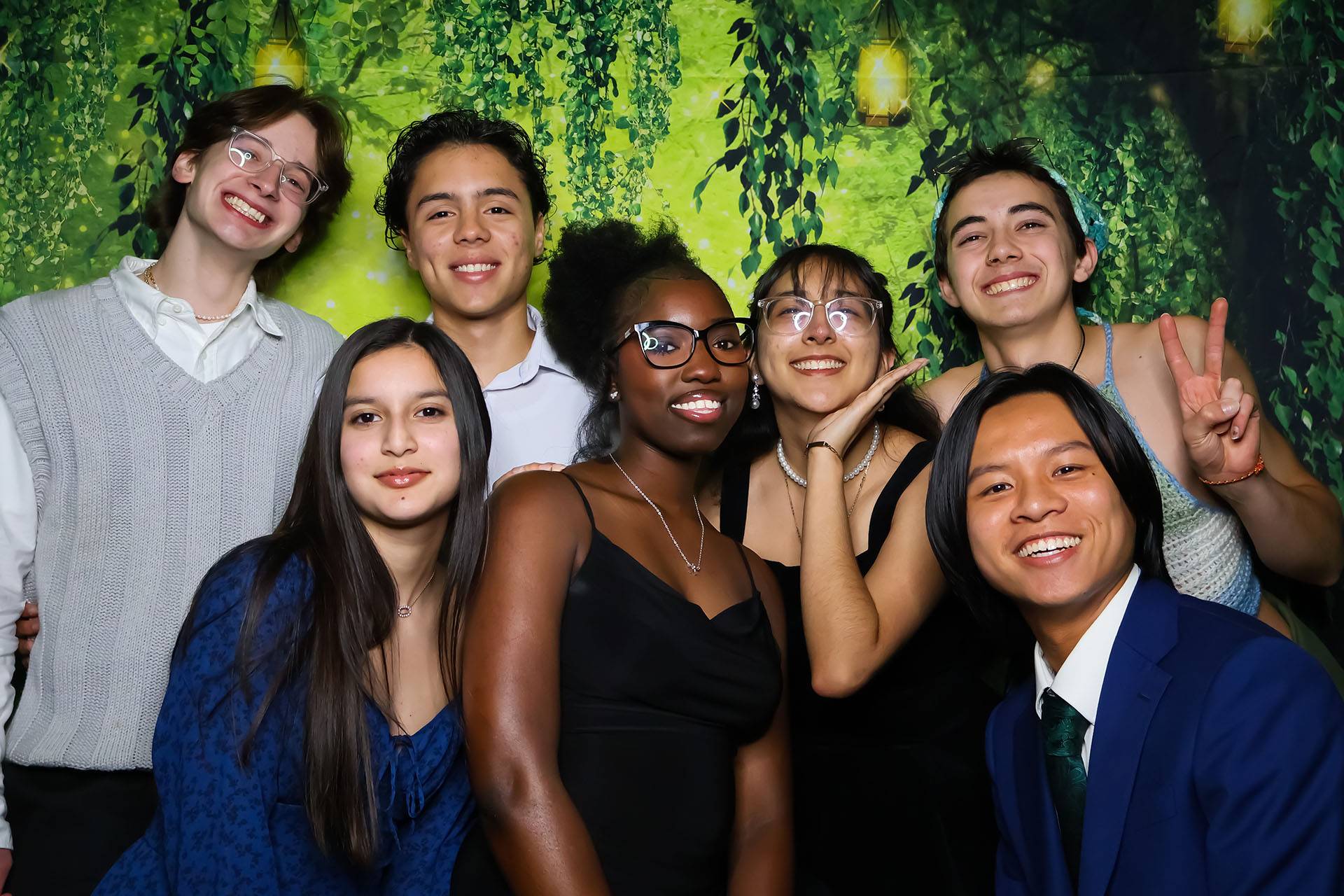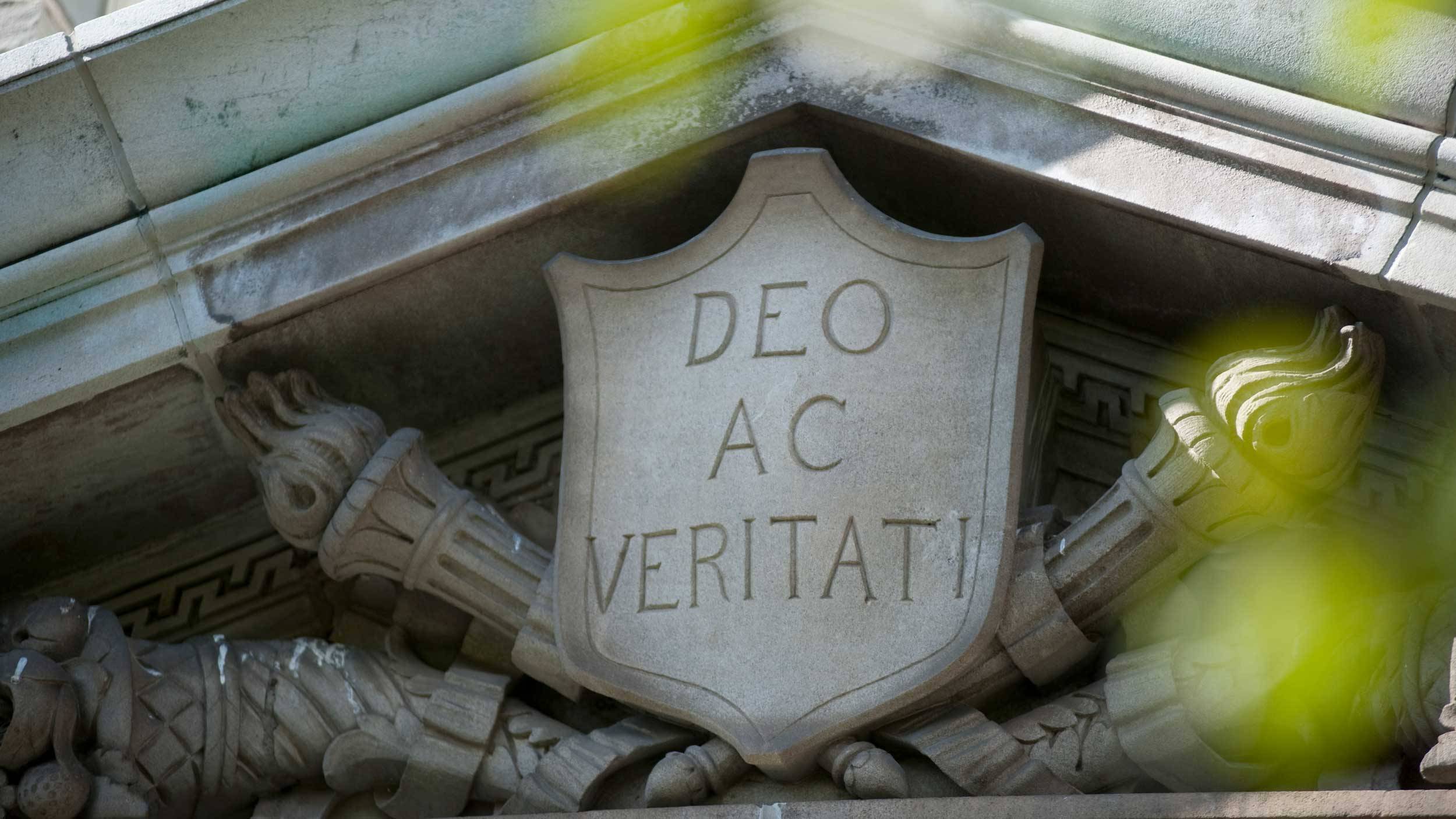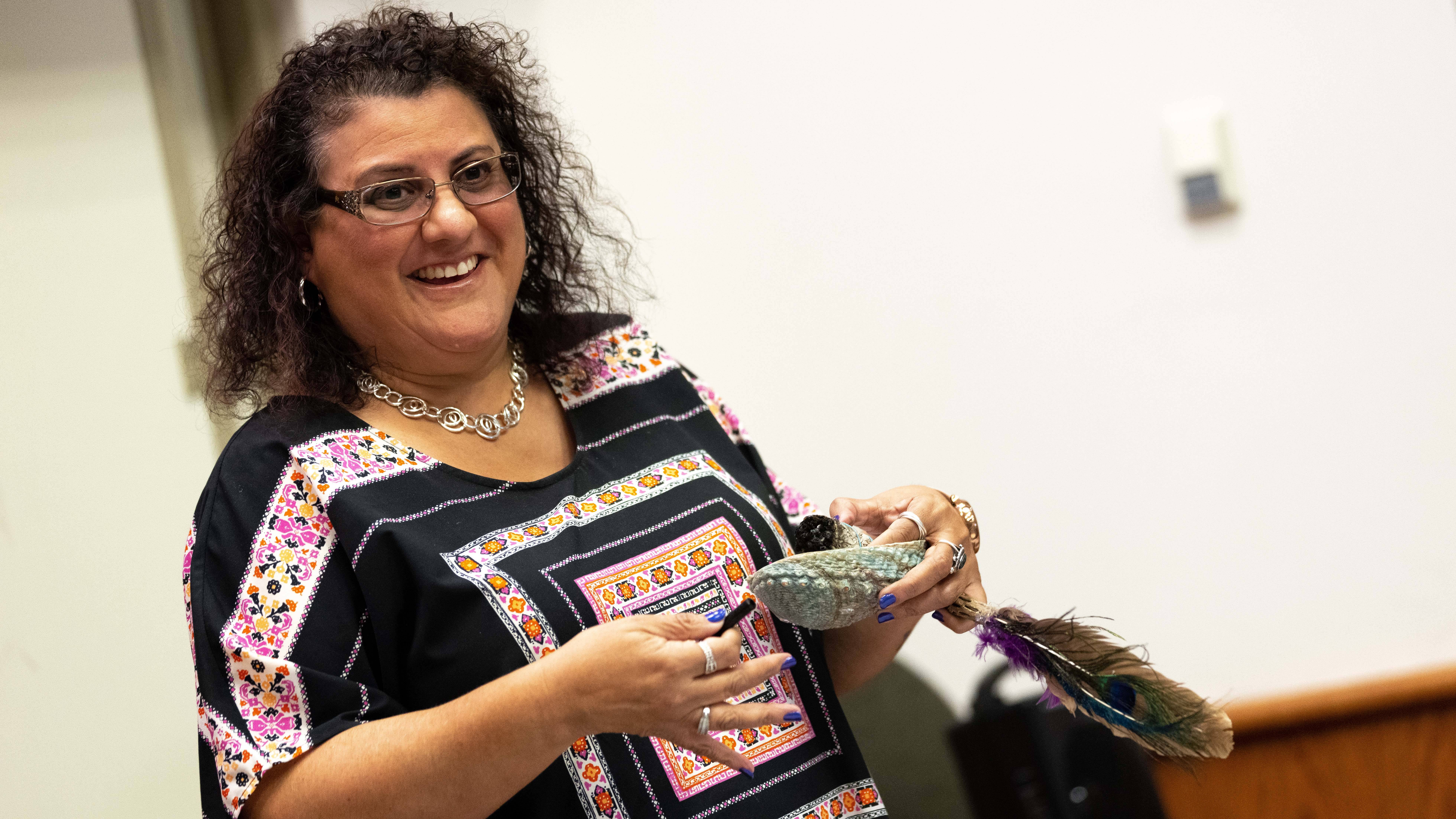The First@Colgate program is designed to support first-generation students and their families in taking advantage of everything that Colgate has to offer.
Every year more than 400 first-generation students are pursuing their degrees at Colgate. They are students whose parents have not earned a bachelor's degree or higher.
Understanding the unique experiences of first-generation students, First@Colgate offers students support and guidance in:
- Making the jump to college life
- Understanding academic expectations at the collegiate level
- Navigating key campus offices
- Building a sense of community with one another
92%
Colgate’s investment in support for first-generation students has resulted in 4-year graduation rates of over 92% in recent years.
About the Program
The First@Colgate program, which is open to all incoming first-generation students, includes the following components:
The pre-orientation program includes:
- A welcome dinner for students and families
- Peer mentoring and social activities with current first-generation Colgate students
- Advising to assist with campus involvement, course selection, and understanding academic rules
- Panel sessions on
- Skills associated with effective reading, note-taking, and writing
- Time management, self-care, and building a healthy social life
First@Colgate offers opportunities tailored to meet the specific needs of the students in the program, which may look like:
- Ongoing programming connects students to Colgate's many resources
- Group and one-on-one discussions on making the most of the opportunities at an elite liberal arts college
- Social events to build community, including dinners, study breaks, and game nights
- Bi-weekly First@Colgate communications to highlight upcoming events, programs, campus opportunities, and important institutional deadlines
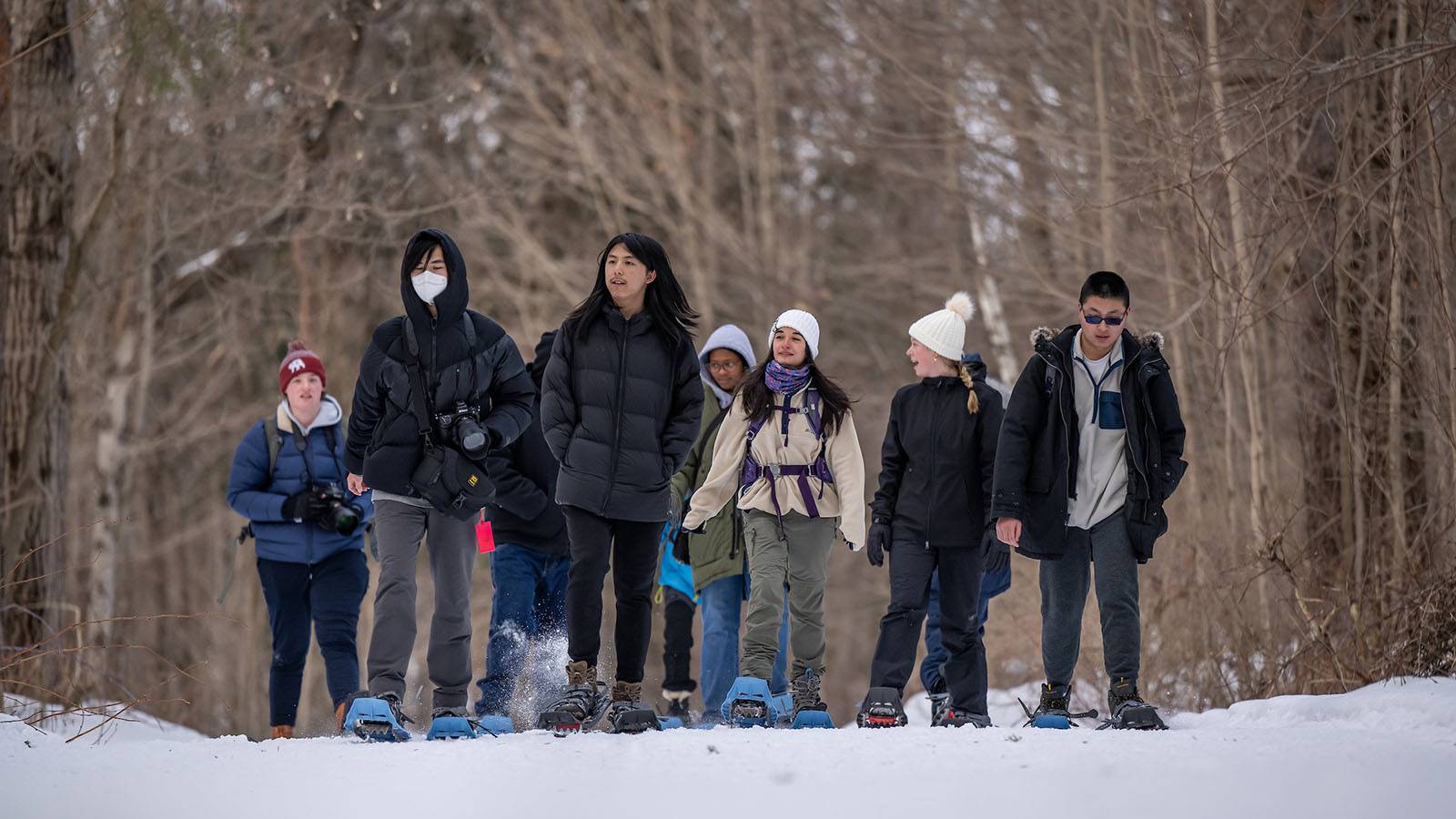
Students gather to snowshoe on campus.
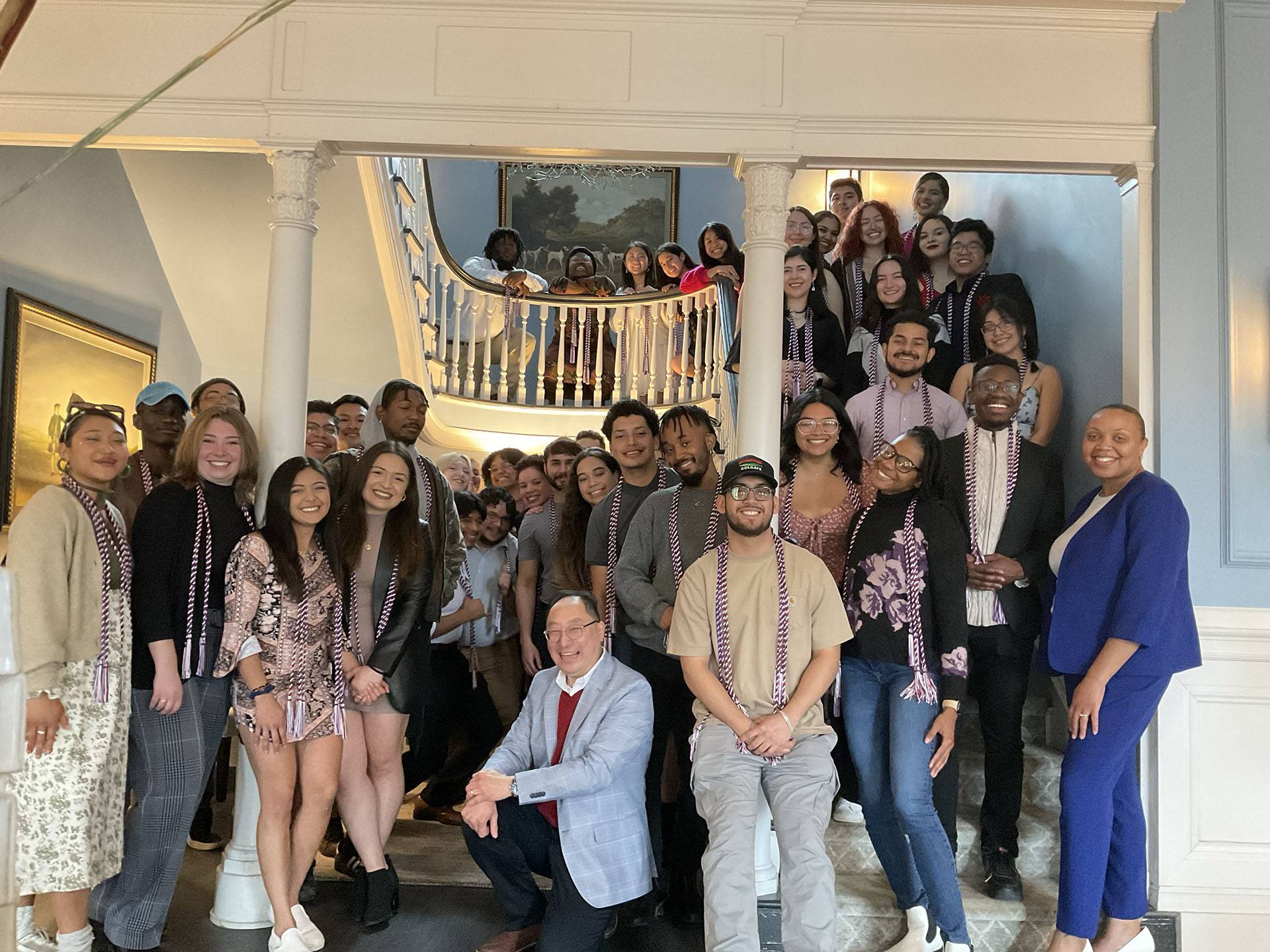
First-generation students celebrate their graduation together.
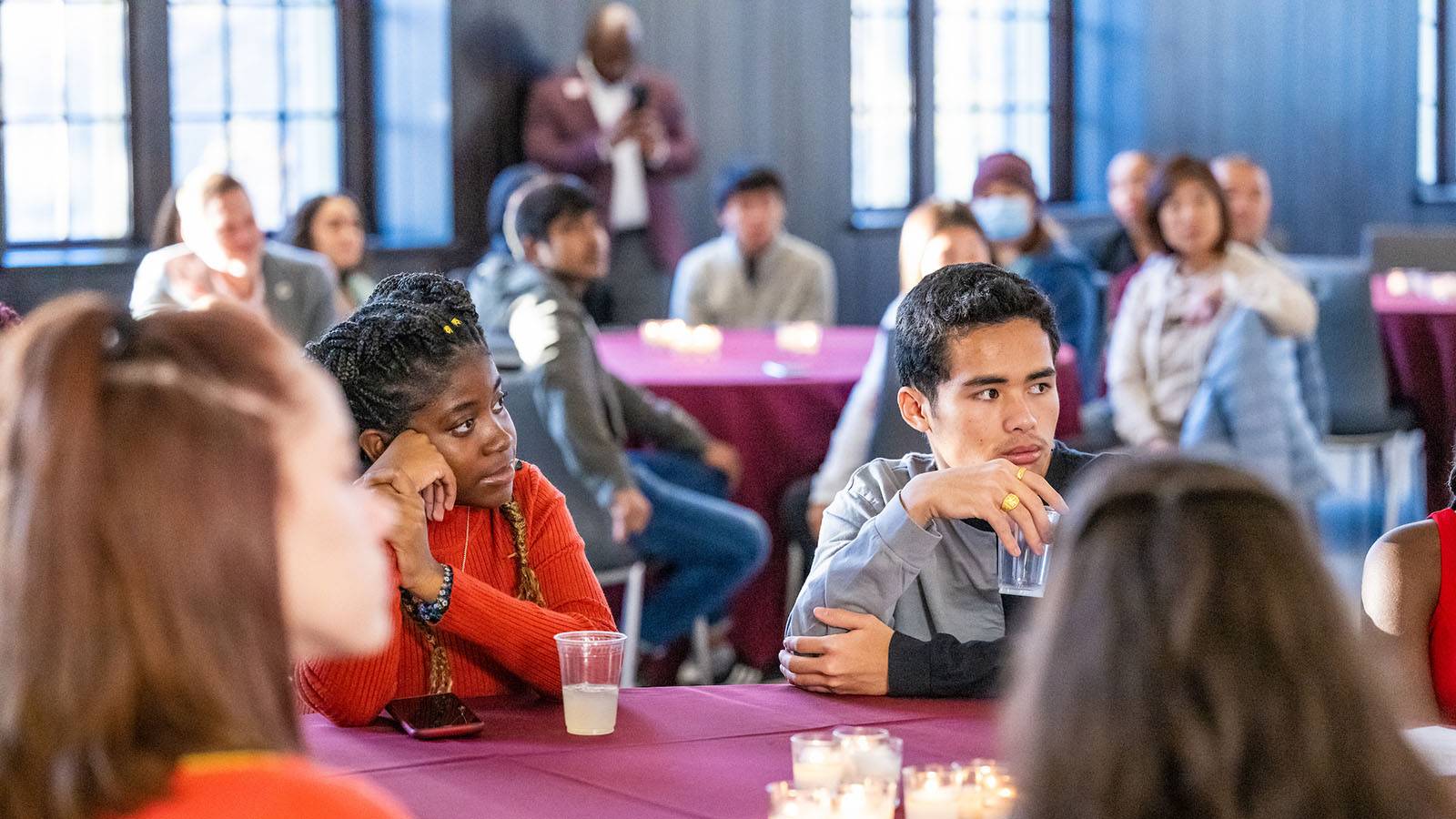
Students and their families attend the First Generation Dinner during Family Weekend.
